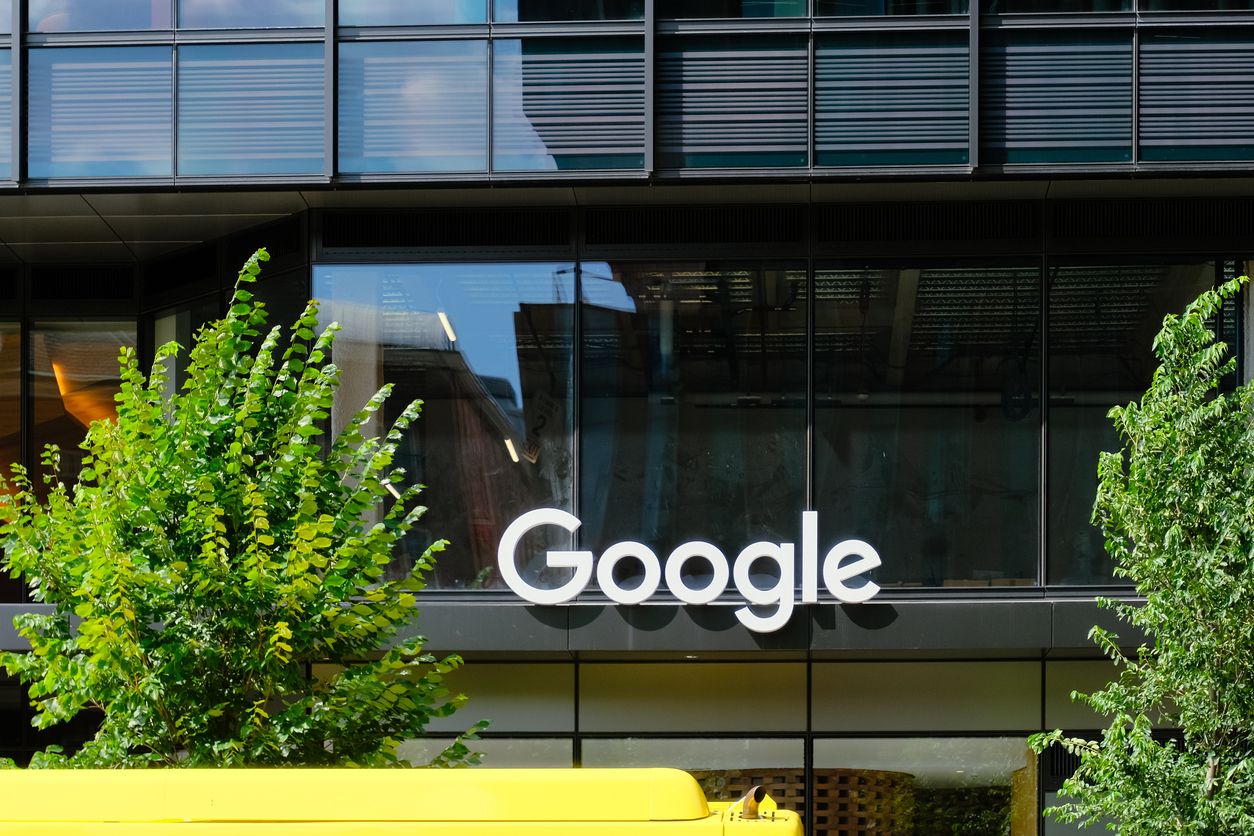In the world of auditing, new dimensions of professional practice are emerging, which are accompanied not only by increased responsibilities, but also by significantly higher remuneration.
From accounting scandal to digital revolution: auditors in a new light
The financial world has seen its share of scandals and crises, with the Wirecard case standing out in particular. These events have not only heightened awareness of the critical role of auditors, but have also led to increased caution in the industry. For example, audit firms are increasingly reluctant to accept mandates, a trend that is further reinforced by uncertainties surrounding legislative changes such as the FISG. Despite these challenging conditions, including a rigorous audit exam, the attractiveness of the profession remains unbroken due to advancing digitalization and the associated modernization of the job profile.
Innovation and technology as career accelerators
The digital transformation is opening up new horizons for auditors. The use of technology in auditing activities, such as automated data analysis and the use of specialized software, is expanding the possibilities in terms of audit depth and quality. This development is not only driving efficiency, but also the demand for specialists with the relevant digital skills.
Market forecasts and salary trends: a lucrative look into the future
The prospects for auditors are promising. The salary structures reflect the high level of responsibility and specialization that the profession entails. Newly qualified auditors can expect a starting salary of up to 67,000 euros, which rises significantly with increasing experience. After just a few years in the profession, it is possible to reach the six-figure mark in annual remuneration, with top salaries for senior positions reaching up to 242,000 euros per year.
Digitalization as a trailblazer for the industry
Digitalization is not only having an impact on the way auditors work, but also on the perception and development of the profession itself. Experts predict that specialized knowledge in the use of advanced auditing software will increasingly become a key criterion. Hays' survey results underline this trend and show that the importance of the profession is continuing to grow in the digital era.
Conclusion:
The auditing landscape is in flux, driven by technological innovations and the resulting demands on the profession. Despite the challenges that come with the responsibility and complexity of the profession, there are more opportunities than ever for auditors today. The combination of technical expertise and digital competence not only opens up new career paths, but also access to remuneration that reflects the recognition and appreciation for this essential profession.
Related articles
Current vacancies
Most read articles
Discover more topics
Our partners
Discover exclusive jobs nationwide with us at:


Discover exclusive jobs nationwide with us at:


Discover exclusive jobs nationwide with us at:


Discover exclusive jobs nationwide with us at:


Discover exclusive jobs nationwide with us at:






%20(2).jpg)









